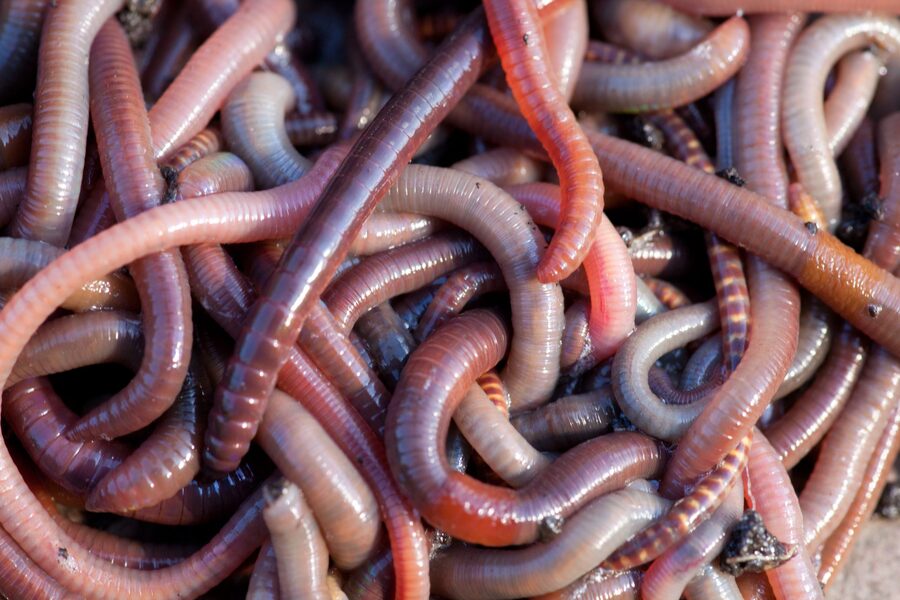Gabriella Ritchie
Vermicomposting, otherwise known as worm farming, is one of the simplest and most beneficial ways to get your foot in the door with sustainable gardening.
Worm farming is similar to composting but consists of feeding kitchen scraps and organic matter to worms instead of scraps breaking down in a compost bin.
Fruit and vegetable peels, crushed eggshells and coffee grounds are great to give to the worms, but avoid giving them too much onion, citrus, meat, dairy and anything with too much oil (Calrecycle, 2019).

In return for their vegetarian diet, worm castings also known as ‘worm tea’ is one of the best organic and non-toxic fertilisers there is as it’s full of nutrients that improves the quality of the soil. By having a worm farm in the garden, it is not only minimising greenhouse omissions and reducing waste from going to landfill. It is also helping to protect the local water ways and the garden soil. Chemical fertilisers pollute the local water ways leading to algae blooms and can affect the quality of the soil.
So far worm farming supports the cutback of household’s waste and methane gas omissions, protects the local water ways, and to add, having a worm farm is highly cost effective. In fact, in Western Australia, the local government offers residents and rate payers a $100 subsidy on the purchase of a worm farm to inspire people to begin vermicomposting for the environment (City of swan, N.d). Even if you aren’t going down the do-it-yourself path which people say is cheaper, worm farming still won’t burn a hole in your wallet, and the benefits following make the effort worth it.
If you are hesitant because you only have a small space for your garden, don’t be! Worm farms take up little space, are easily maintained and are even better for kids. Children are fascinated by worms, making them a great outdoor project for the family as well as learning empathy and responsibility when caring for the worms (Carrick, 2016).
Calrecycle. (2019).Vermicomposting: Composting with Worms. Retrieved from https://www.calrecycle.ca.gov/Organics/Worms/WormFact
Carrick, M. (2016). Amazing Earthworms. Retrieved from https://www.cela.org.au/2016/08/20/amazing-earthworms/
City of swan (n.d). Worm Farms. Retrieved from https://www.swan.wa.gov.au/Your-Property-land/Sustainable-living/Be-waste-wise/Reduce-waste/Worm-farms